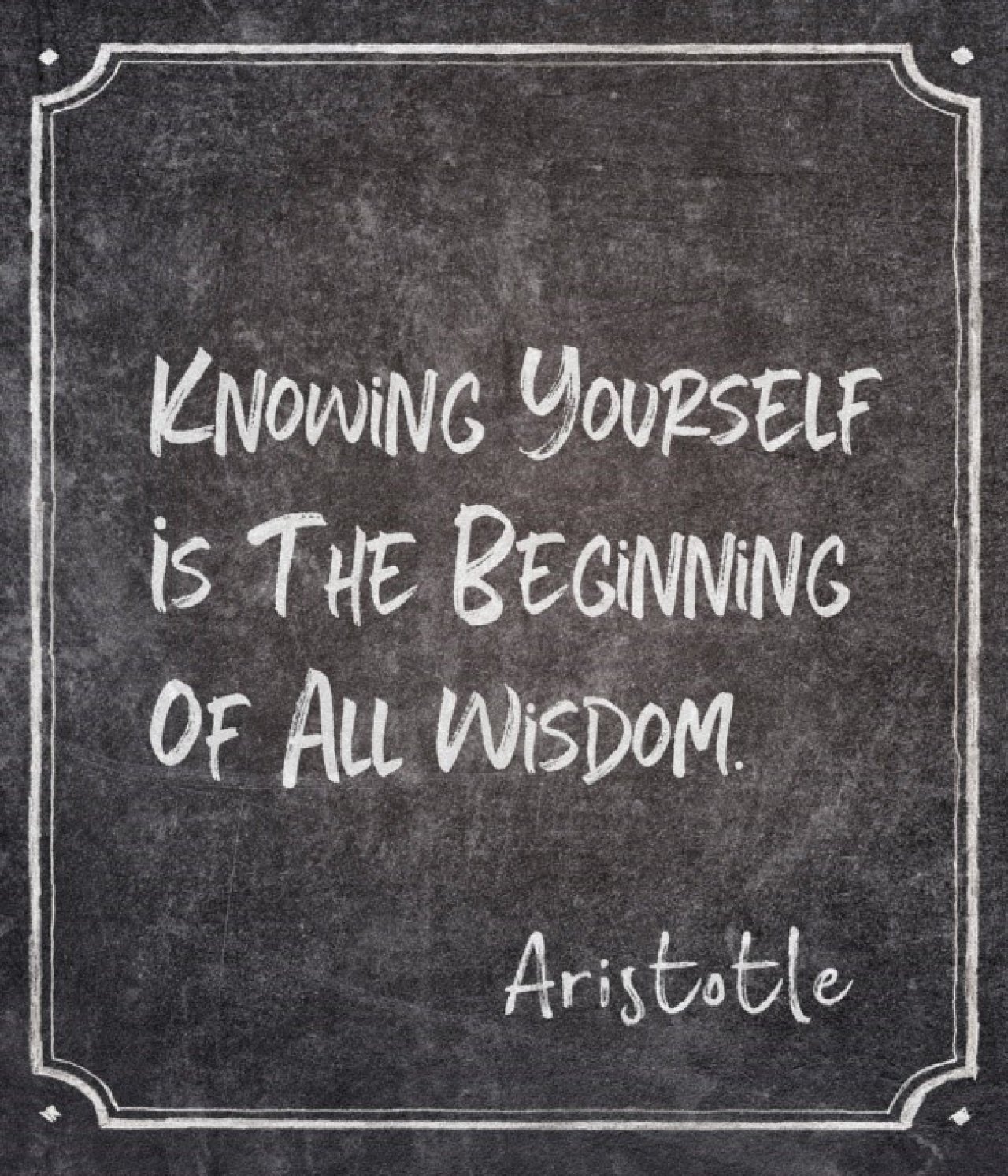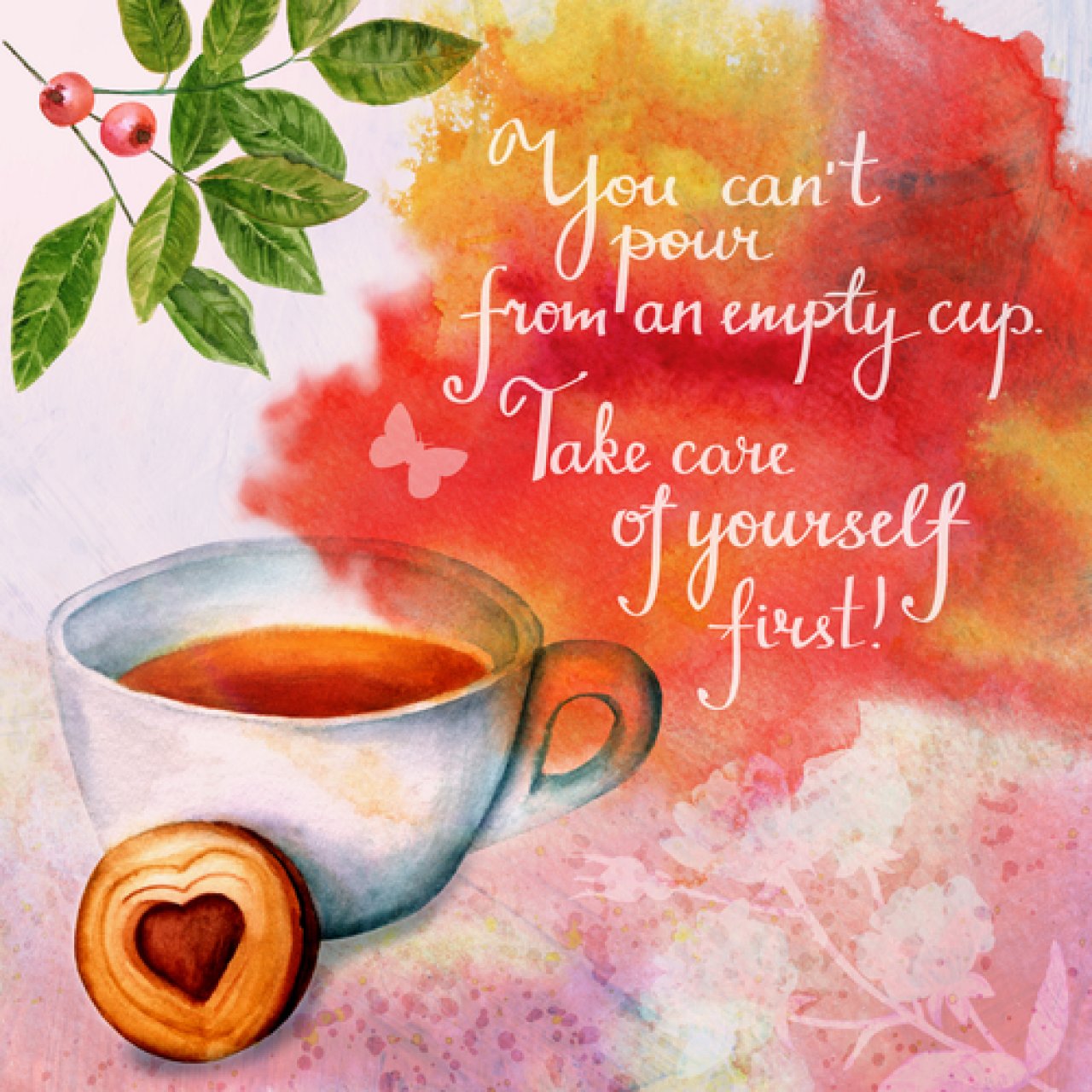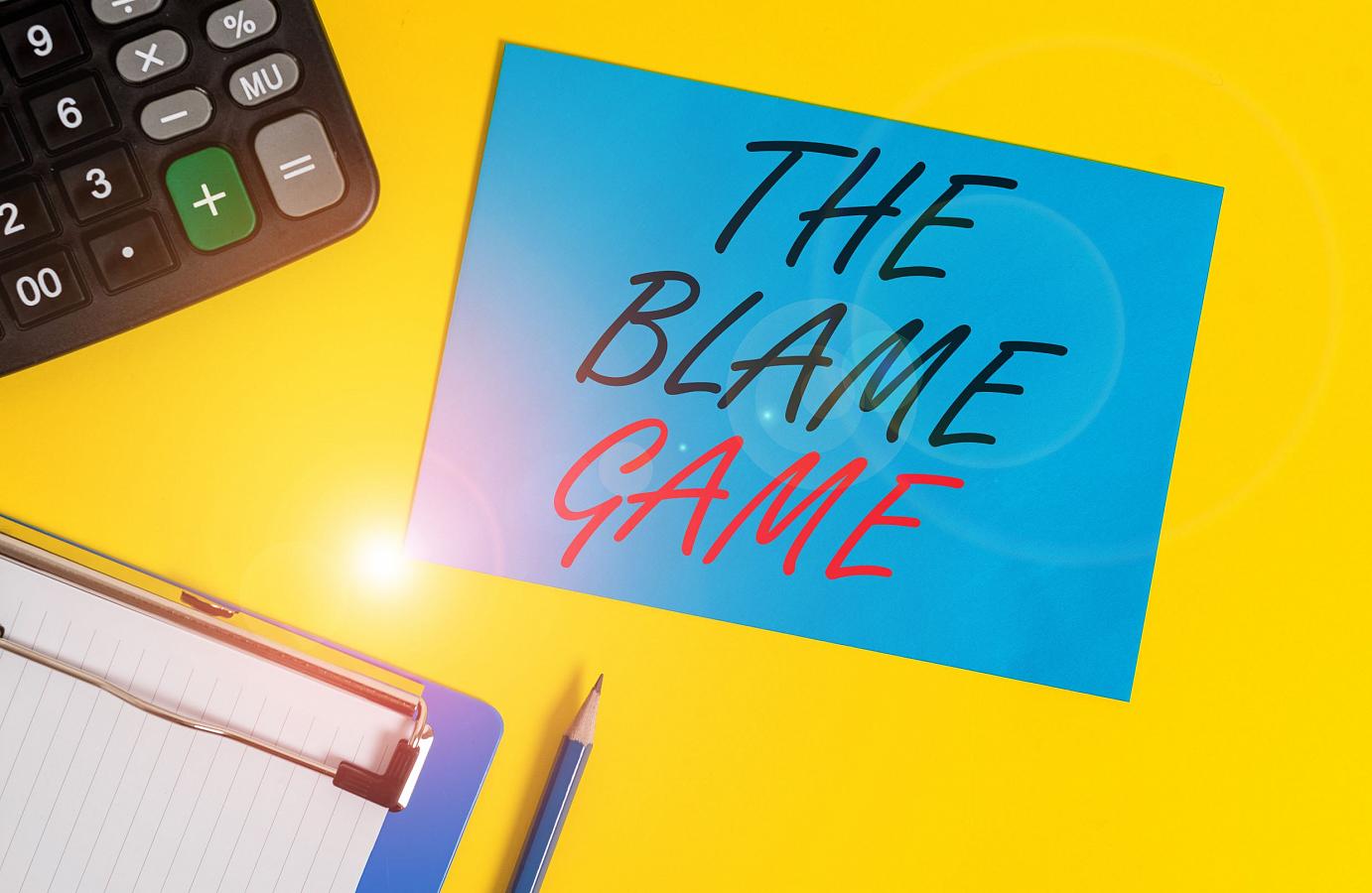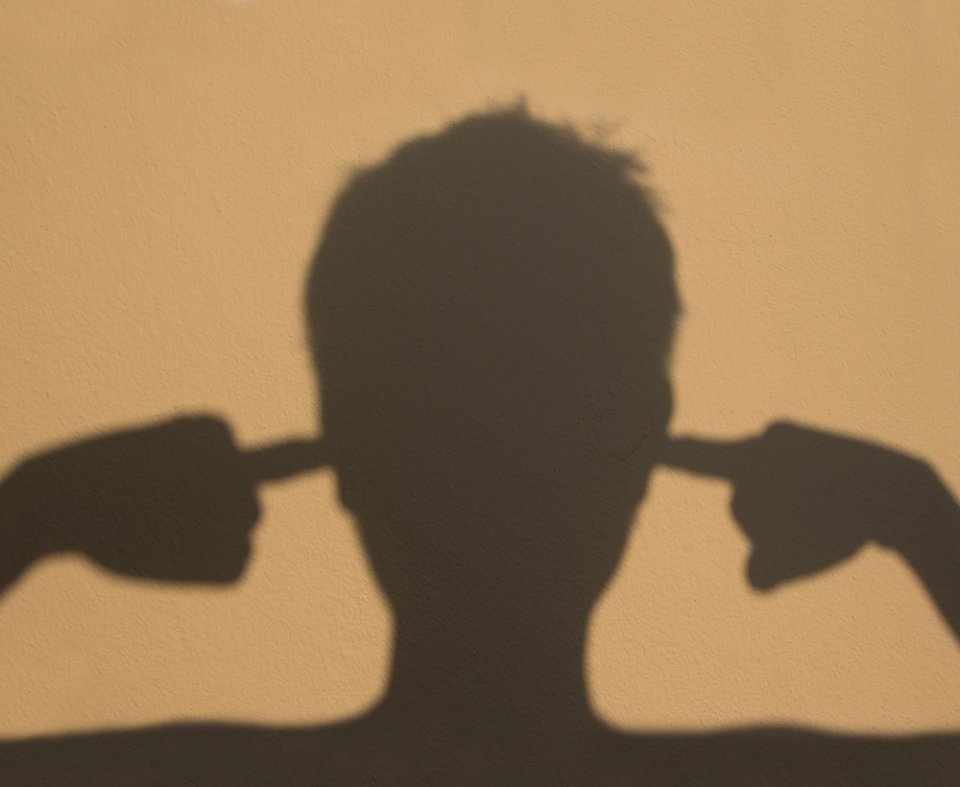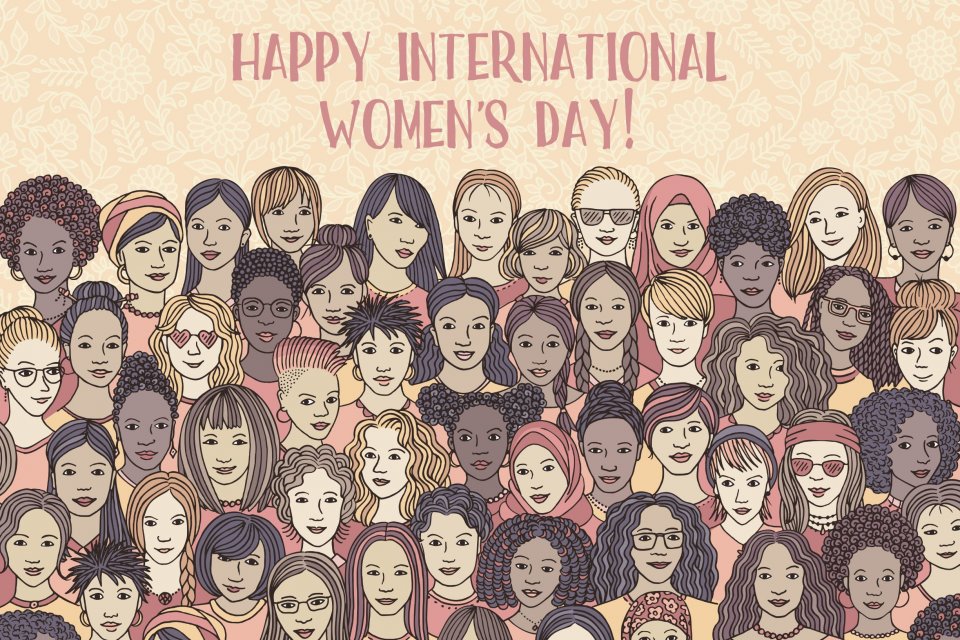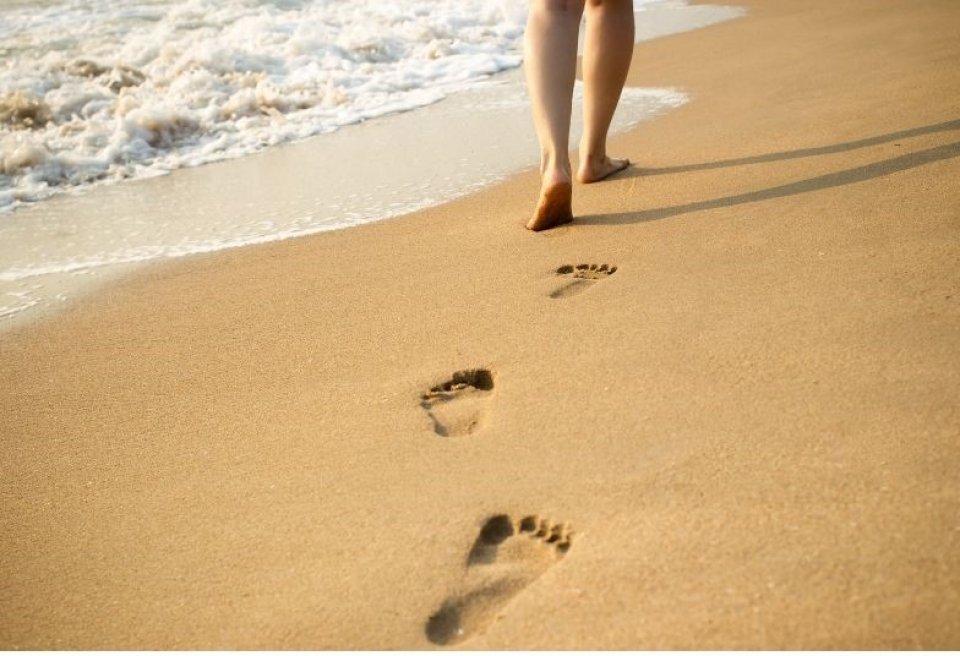
Kindness, A Tool For Social Change
I have returned from a month of rest, relaxation and reflection. Much of my reflection was about how we as human beings and leaders can be better, connect in more meaningful ways, enable ourselves and others to be the best we can be, and truly imagine what it means to walk a mile in another’s shoes. This reflection was brought about after months of observing poor leadership around the world. The lack of kindness, empathy and understanding for the plight of those less fortunate by key leaders worldwide, is both appalling and a call to action. Political, religious and business leaders on a growing scale are guilty of causing deliberate polarisation and division, all in the name of short-term transactional power.
It is believed that an American Indian first uttered the saying: “You can’t understand someone until you’ve walked a mile in their shoes”. The fact this is globally, one of the best-known quotes that has stood the test of time, shows the importance of empathy in living a meaningful life. Any substantive discussion on humanity and human rights will deal with the importance of truly empathising with others to truly understand them.
Being empathetic makes you more compassionate to others, and is kinder. In a practical sense, empathy is a key component of Emotional Intelligence (EQ) and increases our ability to communicate effectively with others across all levels and disciplines in every scenario, including conflict. It is the key to sustainable leadership moving forward.
Walking a mile in their shoes requires leaders to ask themselves questions such as:
- How would I feel about having my children taken from me simply because I wanted a better, safer life for them in another country? Border control in the US could be more empathetic and more efficient in their objectives.
- How would I feel if someone I dearly loved was lost in a mass shooting? Why is gun control so political and difficult to discuss, let alone implement, in the US?
- How would I feel if I had left everything I know and love—my country of birth, my home, my family, my friends—and risked my life to live in a free country, only to be thrown into a detention facility indefinitely? Australian immigration could also find a kinder and more timely way of processing refugees to minimise emotional trauma and incarceration. Whatever happened to the great Aussie cultural icon of giving all a fair go?
- As a white person, how would I feel if I were abused regularly by strangers in public places, simply for the colour of my skin? We say we are not a racist society, but until we no longer see someone’s colour, we will always excuse racist comments asjust a joke—he/she didn’t really mean it!
- As a man, how would you feel being paid less for doing the same job as someone else with the same Key Performance Indicators? How would you feel about having 40% less in your superannuation fund upon retirement, being overlooked for promotions, simply because of your gender and caring responsibilities, not your ability or competence? Why are we so resistant to gender and pay equity in Australia?
- How would you feel being overlooked for employment because of someone else’s perception of what you can do due to a disability? Look at the person, their skills and experience, attitude and work ethic first. See their ability, not their disability!
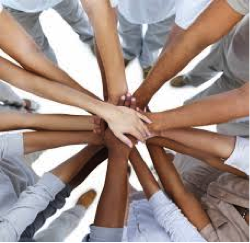
We need to be honest with ourselves, stop making judgements and ask ourselves:
- Why am I thinking this way? Am I making assumptions, or stereotyping?
- Is it a conscious or unconscious bias within me that I haven’t recognised before?
- Is it based on facts and truth, or deliberate fake news, or caused by my own emotions?
- What would I want if I were in their shoes?
The Dalai Lama advises us: “If you can, help others—if you cannot do that, at least do not harm them”.
Do you want to be a help or a hindrance? Why are we so afraid to help each other, or get involved? There is always someone who needs help, a hug, a smile—we need to give them out more. Always choose to be a helper, because the world needs more helpers. Kindness requires us not to harm others intentionally. One of the political leaders I admire is Jacinda Arden, the 40th Prime Minister of New Zealand, who recently said this: “Empathy and Kindness … that’s what can drive social change. I think these are not just sentiments, they are tools. If I could distil it down into one concept that we are pursuing in New Zealand it is simple and it is this. Kindness. Kindness in the face of isolationism, protectionism, racism—the simple concept of looking outwardly and beyond ourselves, of kindness and collectivism, might just be as good a starting point as any”.
Every day you get to make a choice in every situation, you can choose to be right, or you can choose to be kind! Choose kindness, it will lead to less stress, polarisation, division, and a much kinder world to live in.
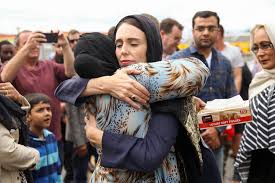
Should you wish to make an enquiry or booking about our coaching, consulting services, workshops or keynotes, please contact us through our website at www.avrilhenry.com.au or on (02) 9818-1892.
@avrilhenry
